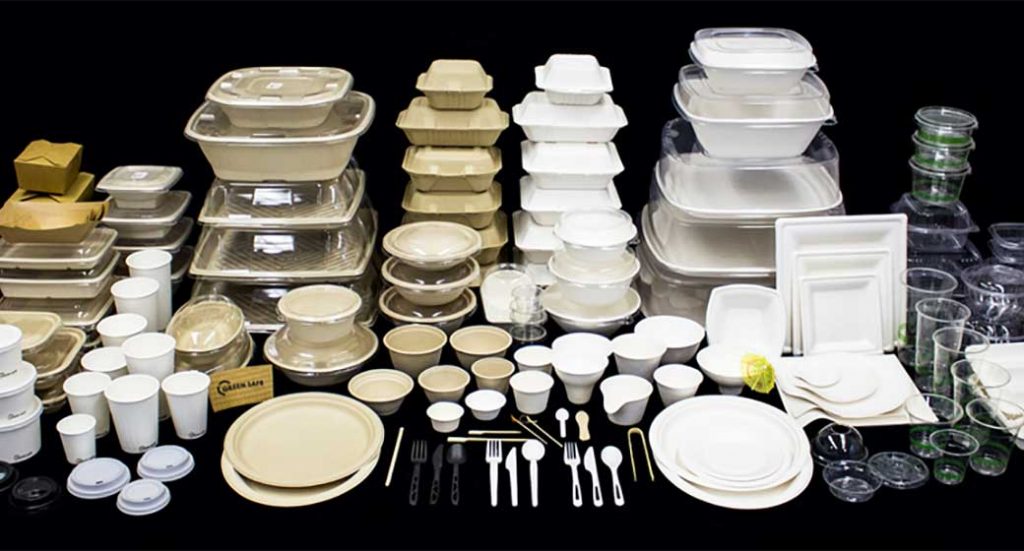The European Commission is proposing a ban on 10 single-use plastic items that it says make up 70% of the trash that ends up in European waterways and beaches.
While this is not a measure that is aimed exclusively at restaurants and other foodservice providers, those types of businesses will clearly be the most affected.
Items included in the ban proposal include plastic cutlery, plates, straws, and drink stirrers. Single-use, plastic drink containers will only be allowed if their caps and/or lids remain attached.
The EU is also putting pressure on the industry to help cover the costs of waste management and clean up while also raising awareness of the use of disposable plastics for things like food containers, excess packaging and lightweight plastic bags. However, the proposal does not set specific targets for reduction or elimination of the use of things like plastic food containers that are prevalent in restaurants for takeout and delivery services.
The proposal is not without hard costs. As CNN Money reports, the EU estimates that the new rules could cost businesses over $3.5 billion once fully enacted by the year 2030. However, they also note that the measures could save consumers over $7.5 billion, create 30,000 jobs and reduce or eliminate over $25 billion in environmental damage and clean up costs.
What does this mean for restaurants and consumers in Europe? As reported by Gizmodo:
The ban doesn’t mean that consumers in the EU will suddenly be unable to get these items; instead, products like plastic forks and knives with “readily available alternatives” would be replaced with products made from more environmentally friendly materials like bioplastics.
Could this type of proposal be coming to the US?
Probably not anytime soon.
But there are glimmers of hope in the environmental community that such a movement could take hold. In 2016, California voters banned disposable, plastic bags. When compared to 2010 levels, they have found that plastic bag litter has dropped by a whopping 72 percent.
As with any significant change of this kind, there are bound to be winners and losers. Disposables manufacturers that are able to create more environmentally friendly options for the foodservice industry at a reasonable cost stand to benefit the most.
And with the significant expansion of the takeout and home delivery trend permeates the restaurant industry, this will be an issue that the industry will have to face in the foreseeable future.



